Workshops and Training
Students from the Tropical Research Center (CITRO) walk through a community managed forest in Oaxaca, during a field practice. (Photo: Gabriela Alvarez)
People and Plants workshops and training programs can be structured in very different ways and can serve a wide range of objectives. Examples include those that bring people together to discuss research and conservation priorities, share research results and disseminate Knowledge Exchange Tools, exchange farming, forest management, and conservation practices and lessons across regions, and discuss policy developments and views on existing laws. Our intercultural training programs bridge indigenous and western concepts of science and learning, and strengthen and complement indigenous skills, practices, and knowledge.
SOME EXAMPLES…
Mobile Forest School
The Mobile Forest School (MFS) is a capacity building program for Negrito youth and communities in The Philippines. The program is designed to offer a comprehensive, holistic approach towards forests, based on the Negrito worldview and Traditional Ecological Knowledge (TEK), with additional inputs aimed at equipping students with the tools for confident engagement with society at large.
Different topics (theory and practice) were addressed each day, including: history and culture of the Negritos of the Philippines; Indigenous Peoples’ rights on ancestral domains and the natural resources; negrito mother languages preservation and promotion; TEK in relation to the forest, its conservation and sustainable use; visit to the restoration site of the Aeta tribe, and exchange with elders; fishing expedition; traditional survival skills such as ‘tuas’ (sign language); Indigenous games; wild foods, nutrition and traditional recipes; traditional herbal medicine, massage techniques and birth assistance; leadership (how to become an effective community leader).
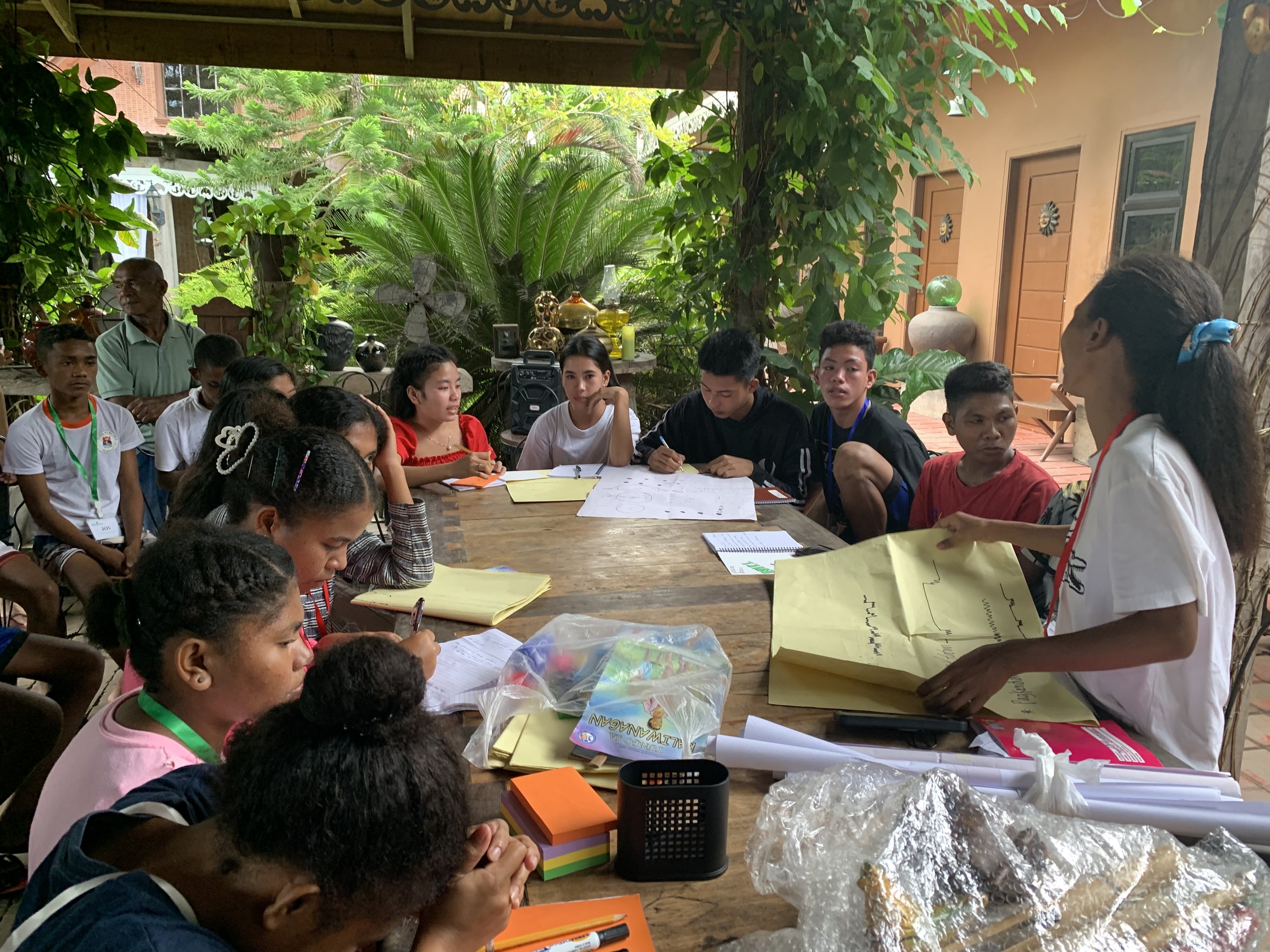
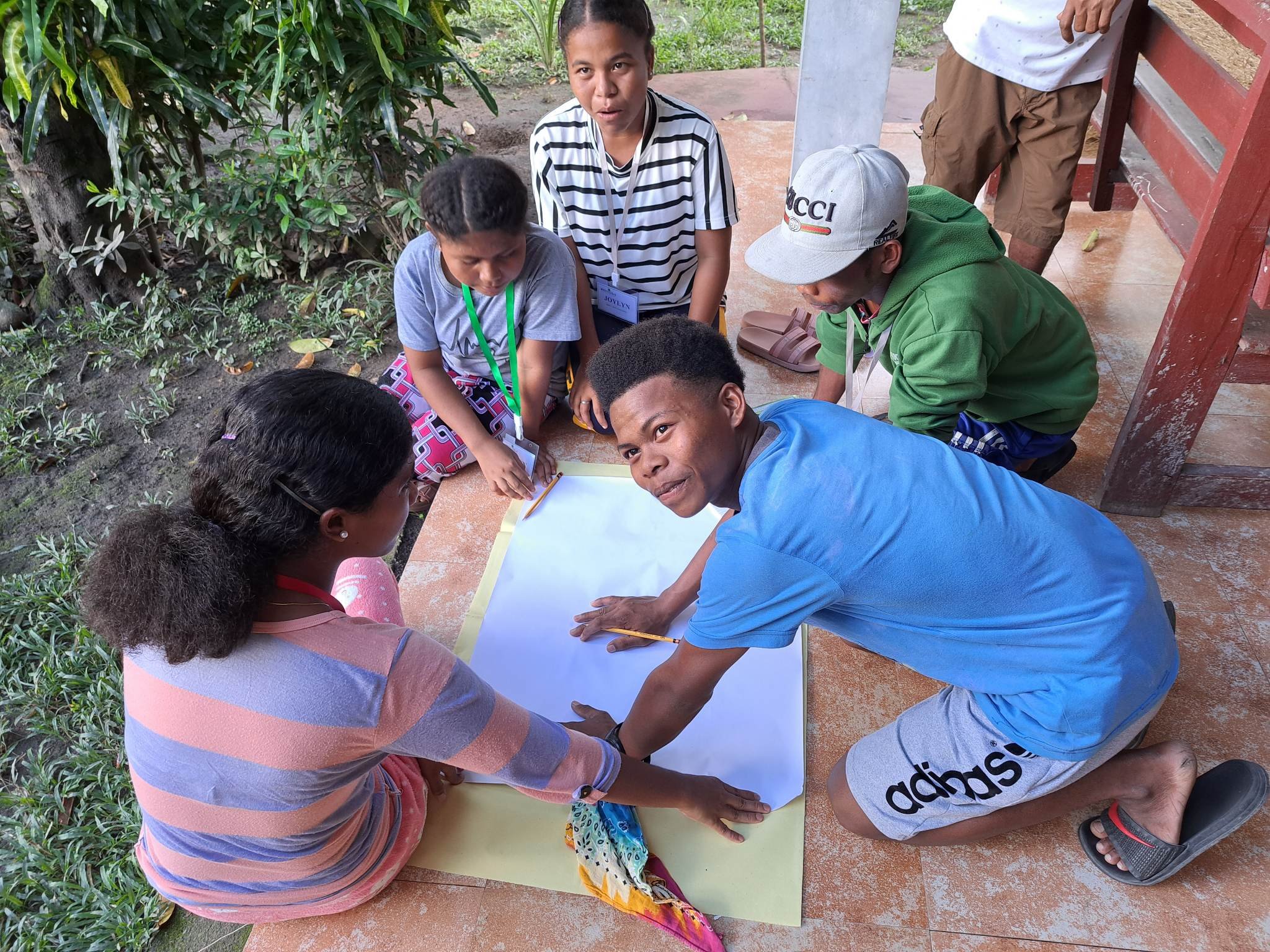
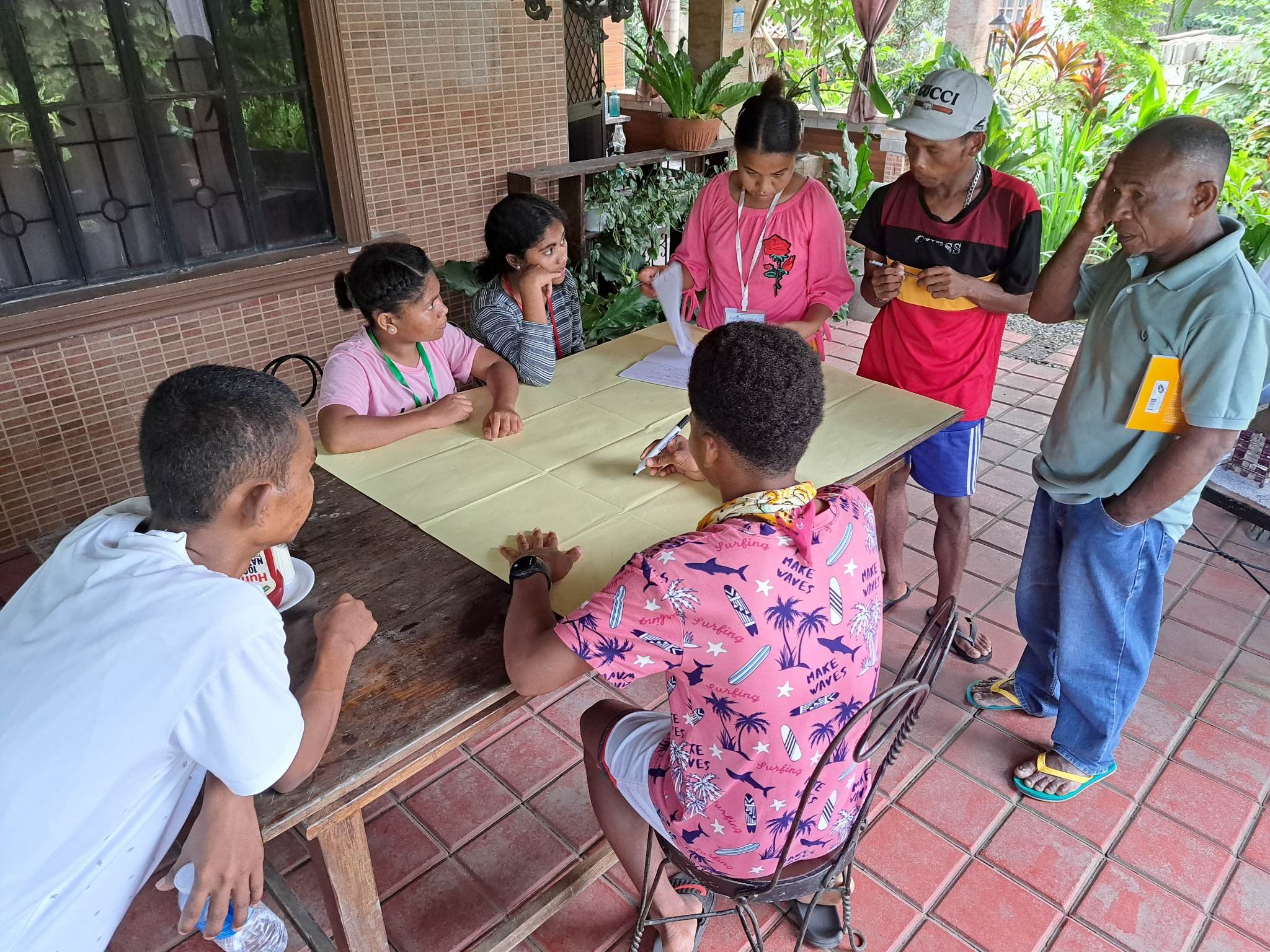
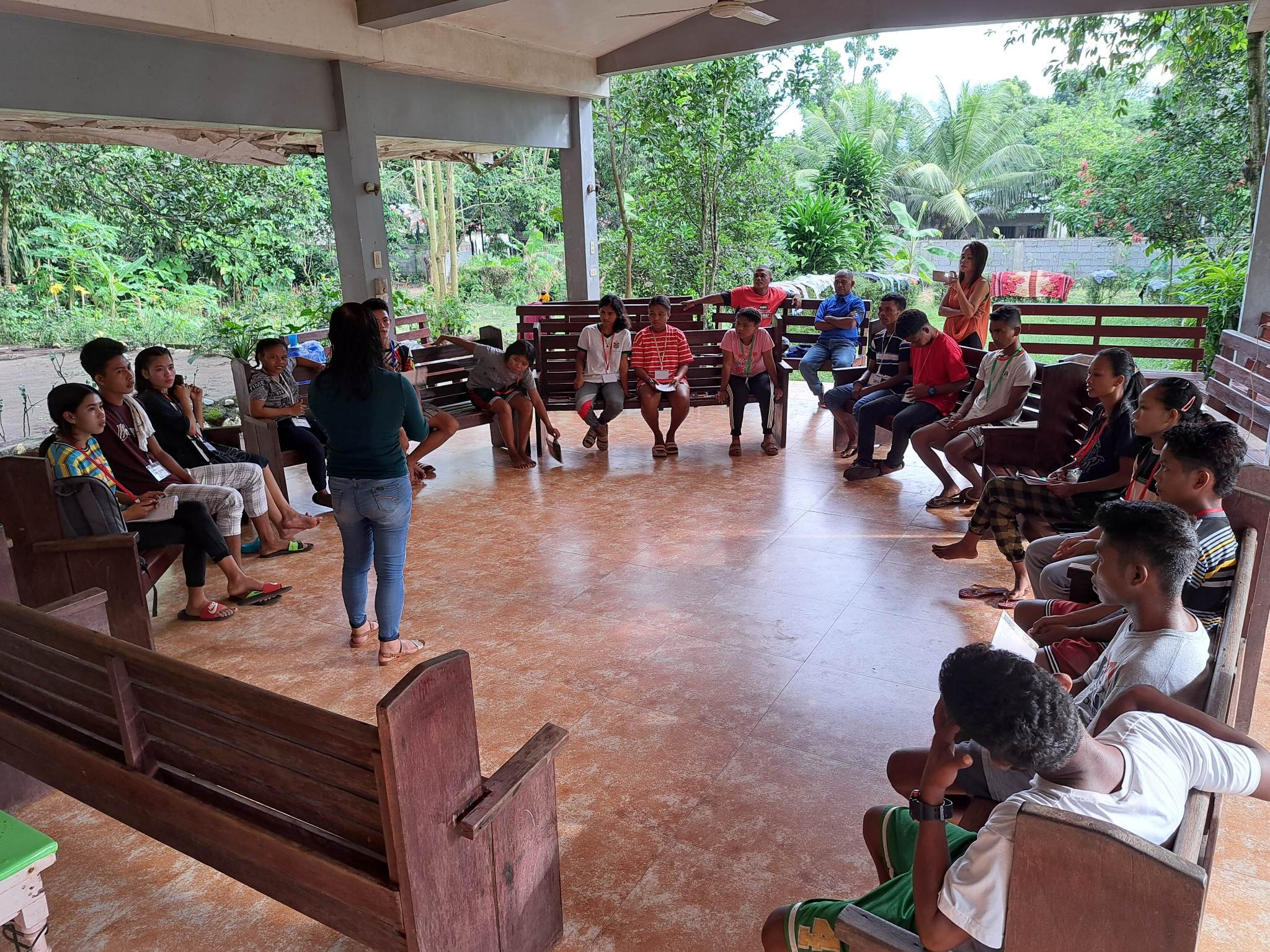
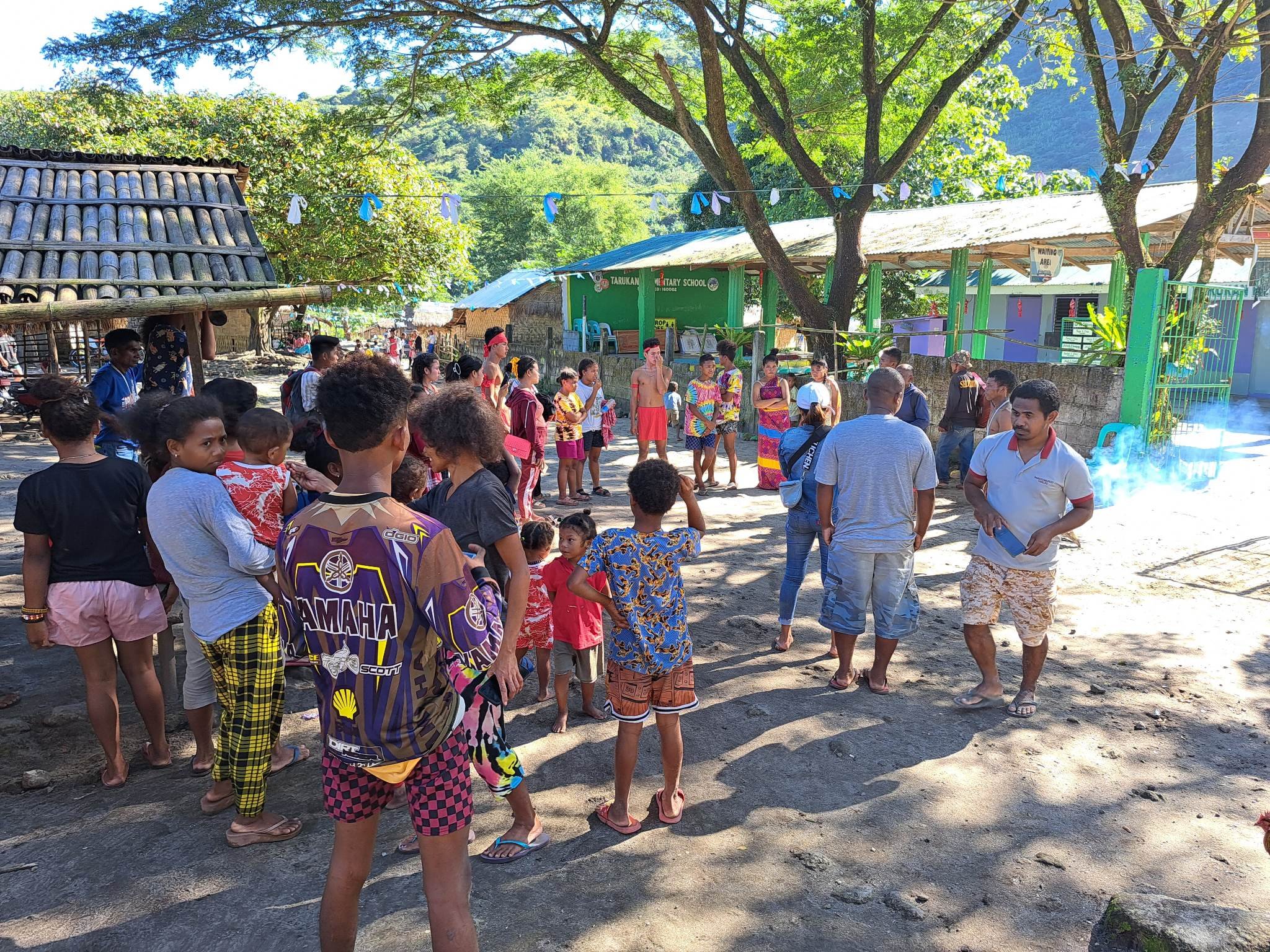
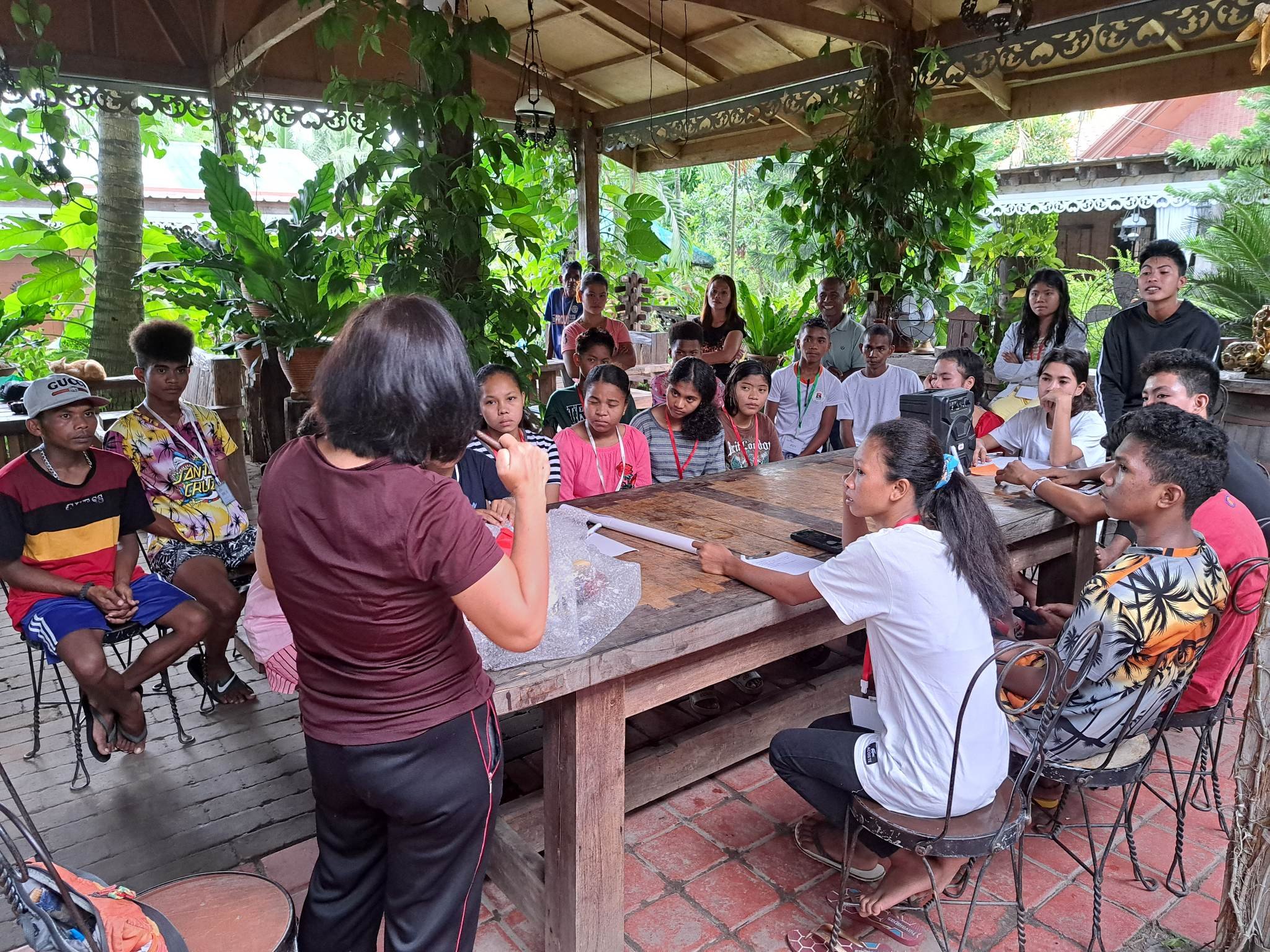
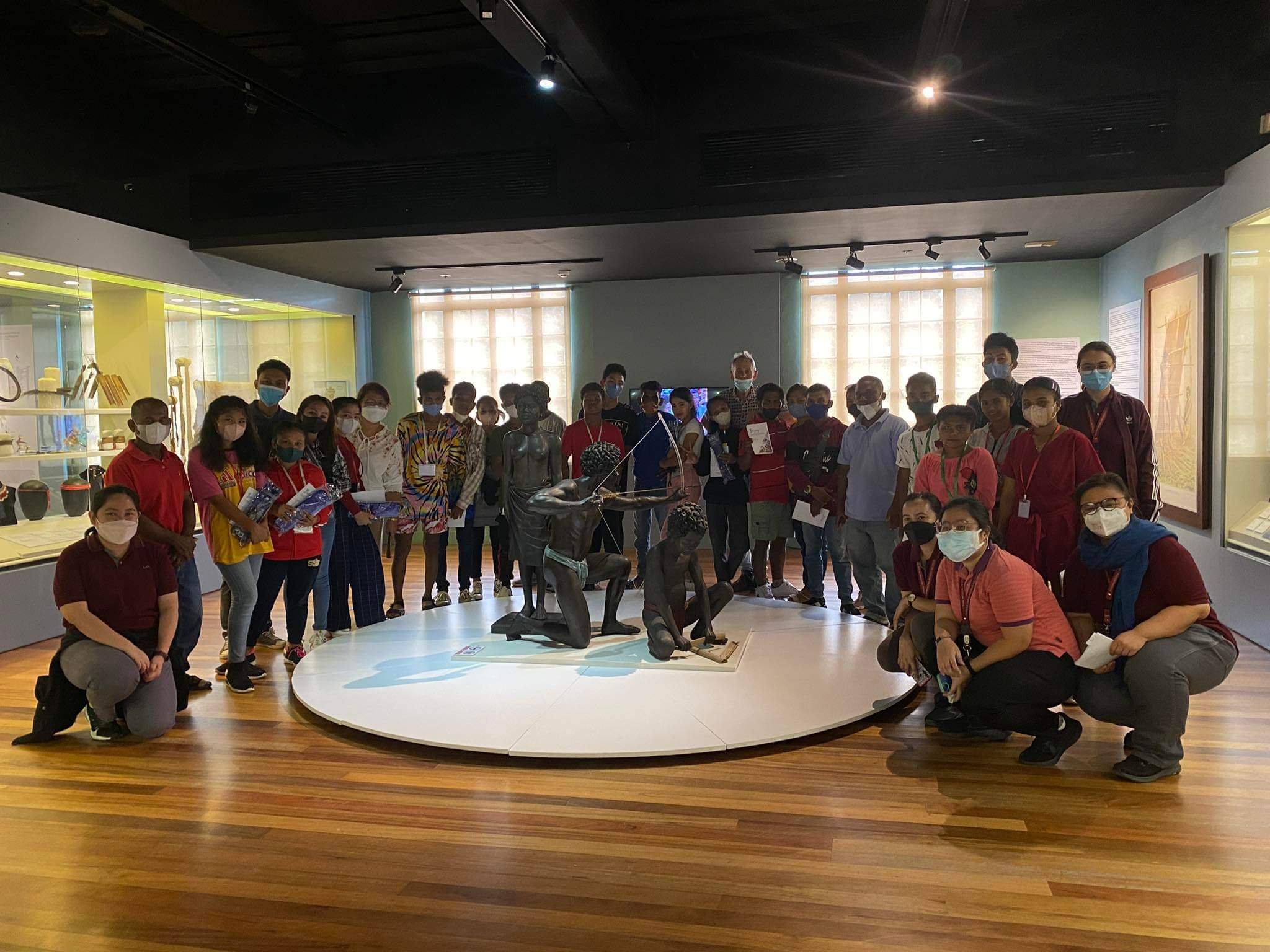
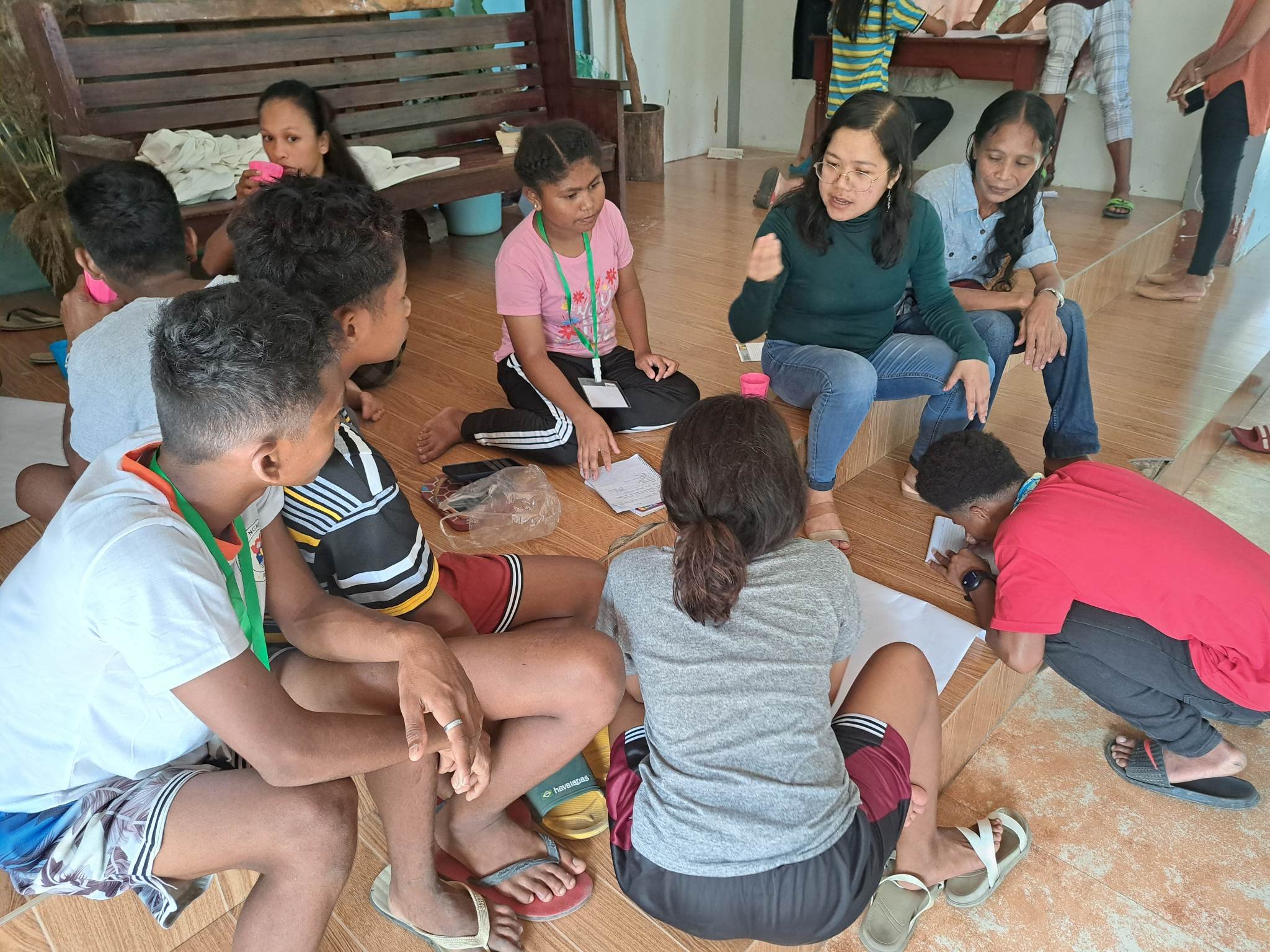
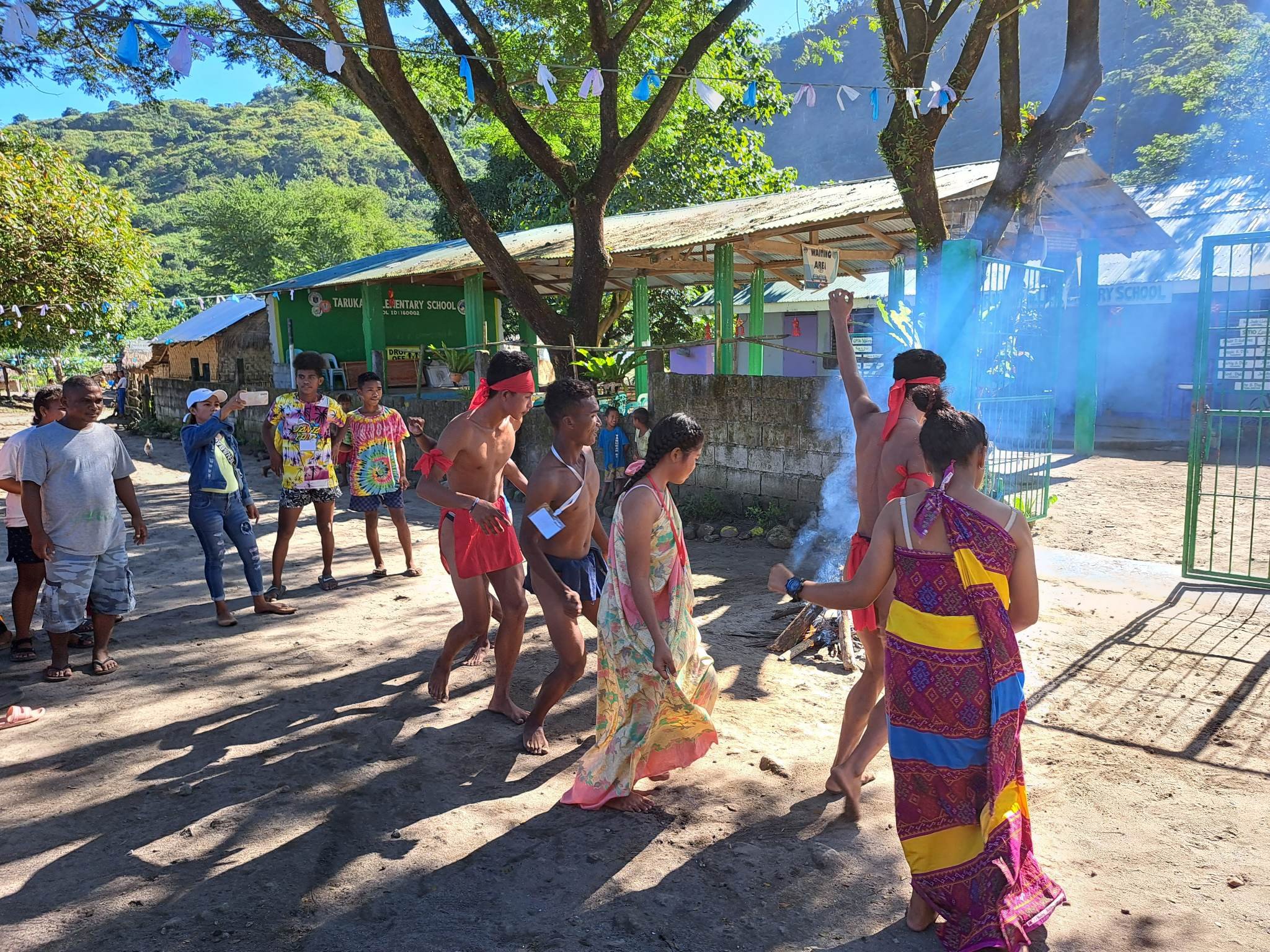
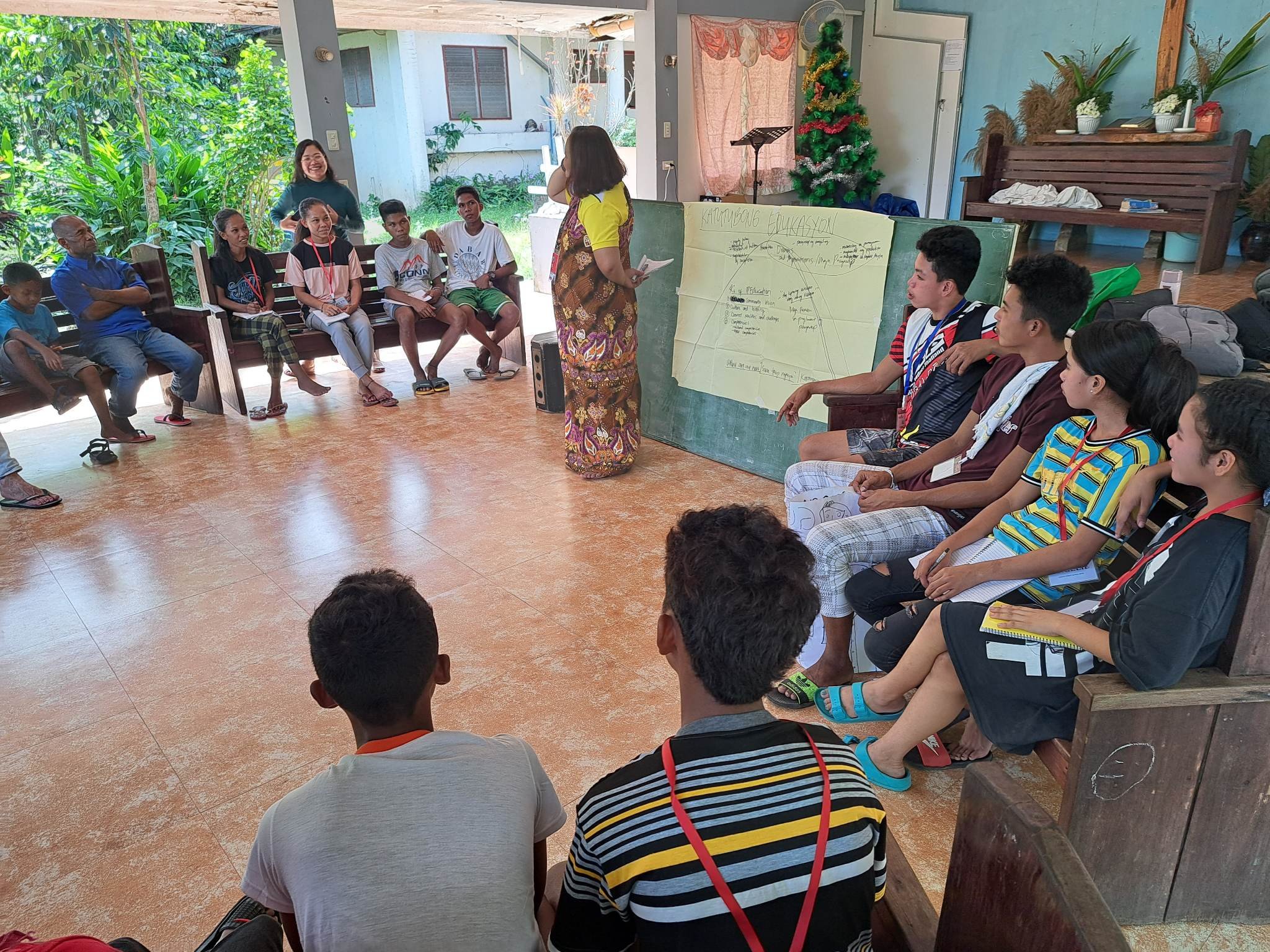
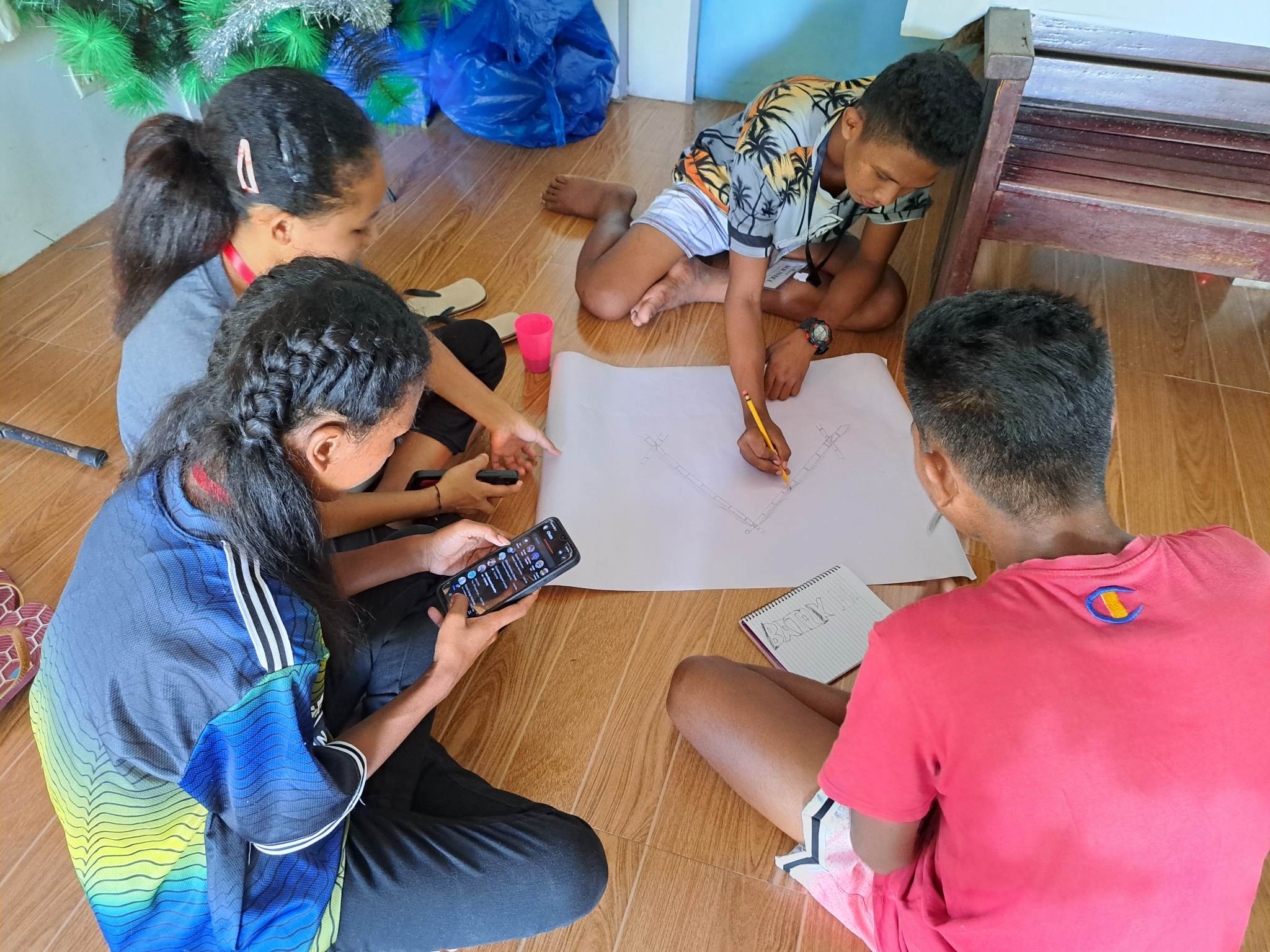
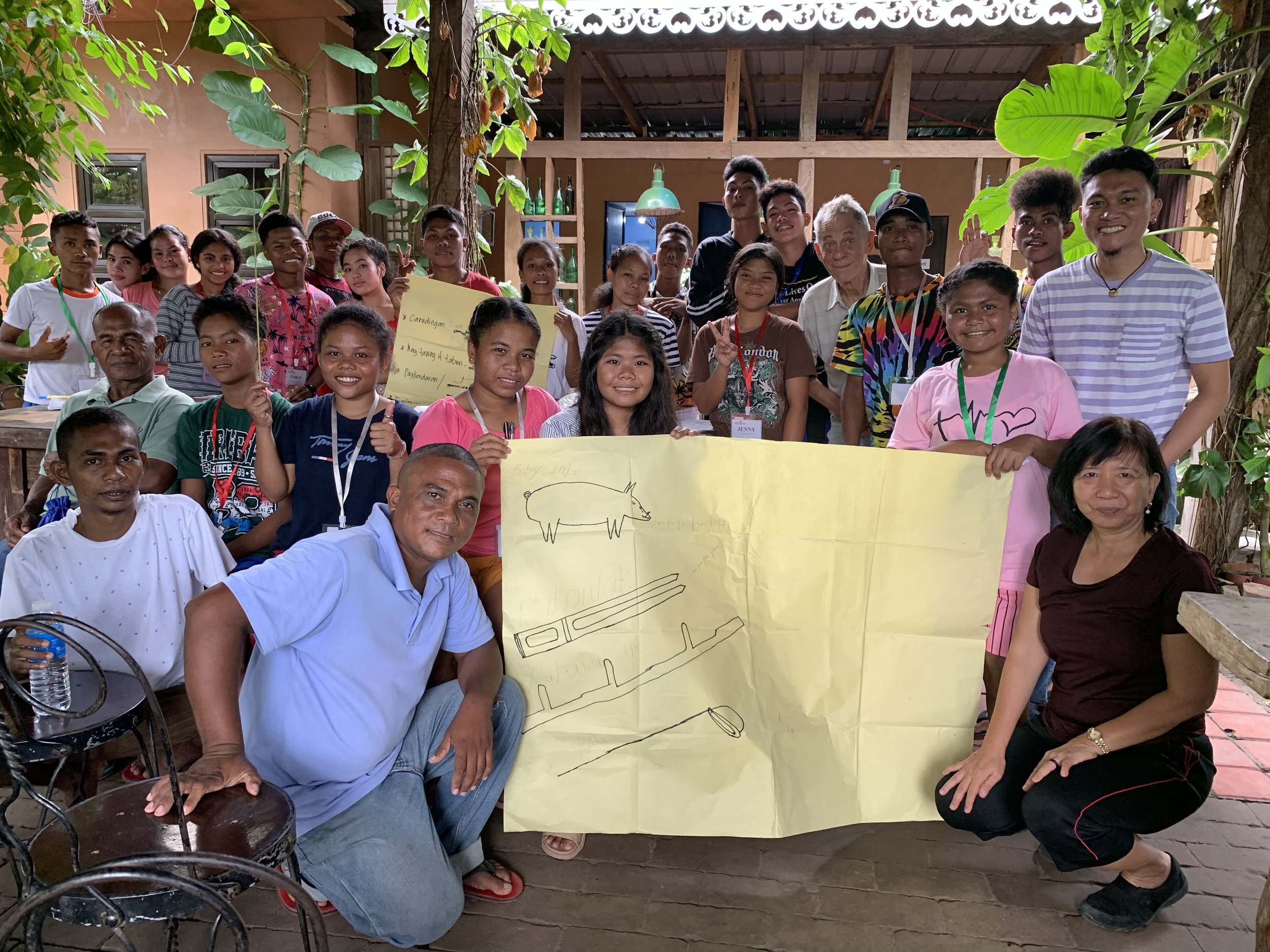
The Mobile Forest School is implemented by SPNKK in partnership with the RUTU Foundation, People and Plants and ILED. Local partners include the mayor of Nueva Valencia, the Philippines Air Force and the National Museum of Anthropology.
Indigenous health and healthcare in Ecuador
To have a positive effect on the health and healthcare of indigenous peoples in Amazonia requires, first and foremost, an understanding of what health means from an indigenous perspective. Indigenous concepts of health are quite different from those of Western culture, as are the practices that successfully promote health. Failure to appreciate these distinctions has limited the effectiveness of most Western-sponsored health programs carried out amongst indigenous peoples in Amazonia.
A different—and more effective—approach to indigenous health begins with looking at how individual health relates to the health of both culture and nature, for these are highly interconnected. This is what the Sacha Warmi Foundation does, supporting the Kichwa people of Pastaza by walking alongside them and reflecting with them on the meaning of indigenous health and healthcare today. We help them discover how to reclaim their dignity, power, and health through the resources they have available in their own territory. We support them in achieving their goals of self-determination and autonomy. The video below describes a workshop held as part of this collaborative work.
Participatory Monitoring of Maguey in Mexico
Wild maguey (Agave spp) is extensively used in the production of fermented beverages such as pulque and mezcal, both of which have great economic and cultural importance in the state of Guerrero, a socially deprived region of Mexico. People and Plants, in collaboration with two local NGOs, Grupo de Estudios Ambientales GEA A.C. and Sanzekan Tinemi S.S.S. (a collective mezcal brand), engaged in the support of community-based management of this important non-timber resource and carried out a three-day participatory workshop in Chilapa, Guerrero supervised by Charles Peters and Miguel Alexiades in 2015, with the objective of designing and implementing a standard methodology for participatory monitoring of wild populations of maguey papalote for sustainable mezcal production.
Participatory monitoring practice with students of the "Universidad de los Pueblos del Sur" and mezcal producers.
Participatory monitoring of magueyes with mezcal producers.
Forests in the Sierra de Zongolica
As part of a larger project addressing forest-based livelihoods and social well-being in Zongolica, People and Plants and MIMOSZ (Manejo Integral de los Montes de la Sierra de Zongolica), supported Nahua families and local associations to manage their silvicultural plots more effectively for optimal growth, livelihood generation and biodiversity conservation. This work was undertaken with support from the Overbrook Foundation. Activities carried out with close cooperation of mentored students and graduates included:
Participatory inventory and monitoring of silvicultural plots: A preliminary inventory carried out by Patricia Negreros during 2009 provided important information on the condition of reforested areas, farmer's’ knowledge, and needs for training. Workshops and meetings associated with the inventory and plots included both the entire community and small groups of producers, and were carried out as part of a process of social construction of knowledge and know-how.
Community Forestry Diploma: Two intensive community Forestry Diplomas were organized by Rosalinda Hidalgo and Citlalli Lopez, and were offered to local farmers, students, teachers and community leaders during 2013 and 2014. Formally recognized and validated by the State University of Veracruz, the six-month, hands-on course supported small-holder decisions and practices regarding the management of trees for wood production, and included reflecting on related social, cultural, and political aspects, including valuing local knowledge and providing information on territorial rights
Students during a field practice to evaluate forest plantations in the Sierra de Zongolica.
Territory recognition session during a workshop in the Sierra de Zongolica.
Shade-grown coffee in Sierra de Zongolica
and Sierra Norte de Puebla
Shade-grown coffee groves (cafetales) are socially and ecologically highly valuable environments. Their importance for biodiversity and watershed conservation is well-known in many parts of central Mexico. People and Plants has worked with multiple social actors in the states of Veracruz (Sierra de Zongolica) and Puebla (Sierra de Puebla) to promote the conservation and management of these valuable landscapes, developing new forest-based income streams, promoting sound forest management techniques, encouraging peer-to-peer learning and exchanges and re-vitalizing traditional foodways.
As part of this work, a series of workshops based on participatory mapping integrated an intercultural perspective into the educational program of Xolotl secondary schools. The mapping and workshops sought to revitalize and support the ability of students to engage with the problems of their community by drawing on their endogenous knowledge, skills and practices. In addition to mapping, and building knowledge about their territory, students interviewed elders, documenting traditional knowledge and customary practices, particularly around growing and eating food.
Exchange between young artisans in Mexico
Download memory of the workshops PDF.
Traditional textiles from the Sierra de Zongolica in the state of Veracruz and from the municipality of Pahuatlán in the state of Puebla are biocultural expressions of pre-Hispanic origin, with great cultural and economic value. This craft and associated knowledge depends on children and youth, who show interest in learning and innovating the manufacture of textiles in their regions. As part of the project "Community forest management and conservation in Central Mexico: building links, networks and capacities" that was carried out between 2012 and 2015, meetings and exchanges were organized between young artisans from the two Nahua regions in Veracruz and Puebla. In these meetings young people exchanged their experience with manufacturing processes, innovations and knowledge transmission, and reflected on the challenges they face in continuing with this tradition.
Forest Stewardship in the Cloud Forest
Volunteers erecting bamboo structure for community center. (Photo: S. Purata)
The cloud forests around the city of Xalapa, Veracruz, are severely threatened by agricultural development and urbanization. The forest has been reduced to a few patches, with huge losses to biodiversity and to the watershed. With support from the Overbrook Foundation and in collaboration with the local NGO SENDAS (Senderos y Encuentros para un Desarrollo Autónomo Sustentable), People and Plants has worked to conserve forests and prevent land use conversion by increasing the economic, environmental and social value of standing forests. The project developed sustainable wood handicrafts, held workshops and trainings, and built a community environmental interpretation and training center that serves as base for ecotourism activities and that includes a carpentry workshop. These activities were carried out during 2010 and 2011 by Patricia Gerez, Silvia Purata, José Antonio Sierra, Jorge Vázquez and Magdaleno Mendoza.
Diversified Forest Management in Selva Maya
The Selva Maya (the Mayan Forest) is a biologically and culturally rich forest located in an area comprised of southeastern Mexico and northern Belize and Guatemala; it is one of the largest tracts of rainforest in the Americas second only to the Amazon. Between 2007-2010, Silvia Purata and her collaborators worked with local communities of Mayan descent to identify income generation activities derived from the forest and thereby create economic alternatives to deforestation, including native bee-keeping and value-added carpentry from managed timber resources. This work included a range of trainings, workshops and educational outreach.
Handicrafts made with sawn timber remnants. (Photo: S. Purata)
Harvesting honey. (Photo: S. Purata)












